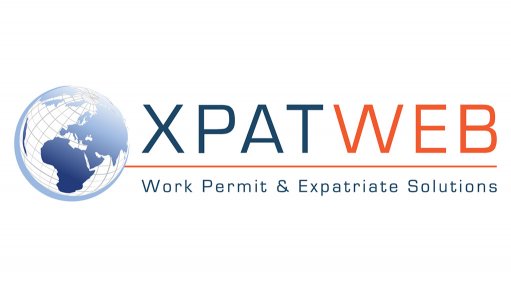
The Department of Home Affairs (DHA) has launched the re-packaging of the Corporate Accounts service with a Pilot Project for Trusted Employers.
The Trusted Employer Scheme aims to provide qualifying companies a means to a flexible pathway for skilled applicants to obtain work visas expeditiously in line with global best practice.
Marisa Jacobs, Managing Director of Xpatweb, the premium immigration service provider, unpacks the Trusted Employer Scheme based on the recent presentation by the DHA and the Gazette.
What is a Trusted Employer Scheme
Jacobs explains that “South Africa’s work visa policies provide a strong foundation for enabling skills to enter the country but, this review by Project Vulindlela has shown that the unpredictable nature of visa adjudication reduces how well existing policies can serve their intended function.”
Other countries have contended with these challenges and have introduced policies which increase predictability for applicants and business, while managing for different risks presented by immigration.
A Trusted Employer Scheme (“TES”) system allows a country to more easily attract skills and manage immigration, particularly when they process high volumes of applications.
The employer or business needs to show that it has the financial strength to employ a foreign national, that it runs training programmes for South African citizens and that it is a good corporate citizen.
Within this programme, a business or corporate employer can also qualify for priority processing of their visa applications due to reduced requirements and supporting documents.
Purpose of a TES
Jacobs further noted that “The purpose of the TES is to reward trusted users of the scheme with lower document thresholds and faster processing times for visa applications.”
The most important incentive for a corporate employer is quick processing or faster mobilisation of staff, allowing the employer to start earning revenue from the services of the foreign employee earlier.
Jacobs explains that the “this system has been proposed to place a far greater burden of compliance on the employer rather than the state, while putting in place sanctions for non-compliance, in other words, shifting the risk from the state to the employer who is best able or placed to manage it.”
Verification of employers through the TES means that only bona fide businesses which have demonstrated their capacity to abide by the law will be included.
Conversely, if an employer is shown to have transgressed the rules through, for example, an audit conducted by the Immigration Inspectorate, the company may be expelled from the TES permanently.
The Proposed Benefits of the TES include –
- All visa applications for TES employers will be processed through the Premium Visa Application Centres and One Stop Shop Premium Lounges
- Reduced visa requirements as per certain concessions
- Reduced red tape
- Dedicated Key Account Manager at Home Affairs
- Commitment to issue work visas as expeditiously as possible and on the basis of simplified procedures and objective, predictable and reasonable requirements and criteria, without consuming excessive administrative capacity
- Service Level Agreement to obtain work visa outcomes within specified shorter timeframes
Points Based System as the Selection Criteria
A minimum of 80 points is required to qualify for the Scheme.
The TES contributes to the establishment of a more effective and streamlined process for recruiting foreign talent and a boast a big positive step from the DHA to improve visa processing for employers.
Submitted by Xpatweb